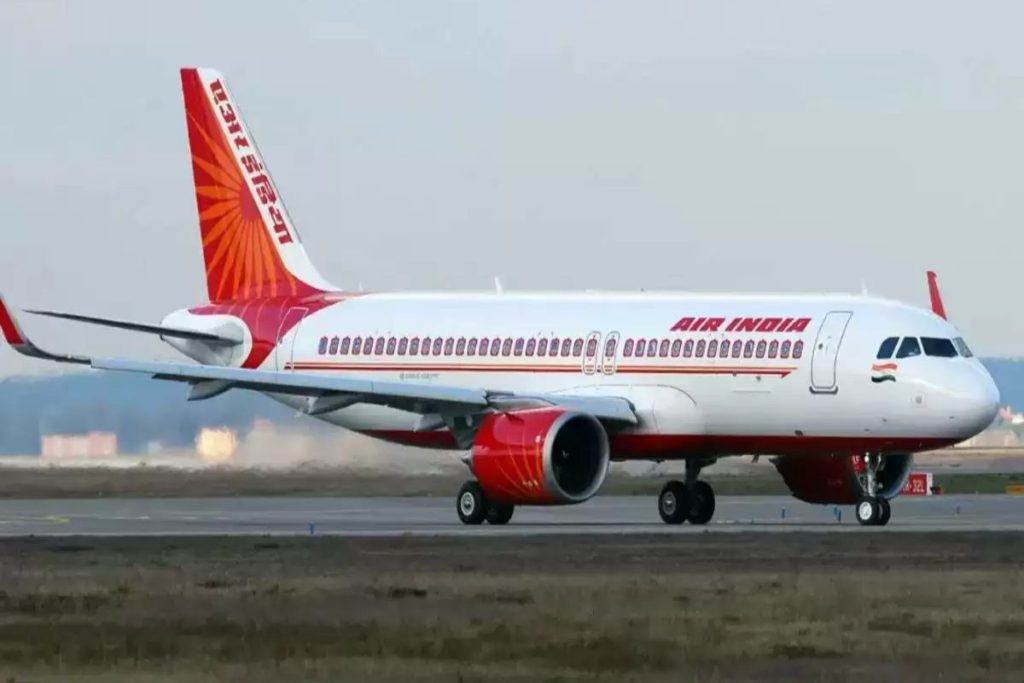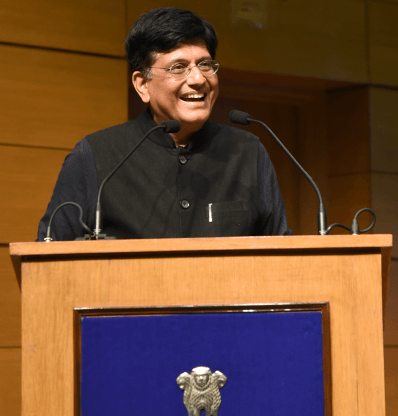Air India Partnership with TaxiBot to Conserve 15,000 Tonnes of Jet Fuel in 3 Years
KSU Aviation and Air India have joined forces to launch TaxiBot operations at Delhi and Bengaluru airports, aimed at reducing carbon footprint and saving jet fuel for its Airbus A320 family of aircraft.
According to the company’s statement, the adoption of TaxiBots has the potential to save approximately 15,000 tonnes in fuel consumption over the next three years.
Air India

The semi-robotic equipment, once attached to an aircraft, acts as an extension of its nose landing gear. Towing aircraft from the airport terminal gate to the taxi-out point and from the terminal gate after landing (taxi-in phase), without relying on the aircraft’s engines, reduce jet fuel consumption. This technology also helps reduce carbon emissions, noise levels, and airline costs.
Air India’s CEO & MD, Campbell Wilson, expressed their commitment to reducing emissions and fuel consumption with the deployment of TaxiBots. Through their collaboration with KSU, they aim to assess the capabilities of TaxiBots and expand their use in Air India’s subsidiaries and other airports.
Meanwhile, stakeholders in the Indian aviation industry are looking towards the country to take a leading role in sustainable aviation fuel (SAF) and take advantage of global supply chain opportunities. The International Air Transport Association (IATA) has previously identified India as having significant potential to produce SAF, which will be a critical factor in reducing emissions for the global aviation industry.
According to a statement from the Tata-owned airline, Air India is also taking steps to incorporate sustainability into its routine fleet operations. These measures include introducing new planes, implementing improved procedures, and utilizing innovative technology to drive its operations.
In 2022, Air India signed a preliminary agreement with the Council of Scientific and Industrial Research (CSIR) – Indian Institute of Petroleum to collaborate on researching, developing, and deploying sustainable aviation fuel.
“Air India is currently undergoing significant changes and has integrated sustainable practices into its transformation,” stated Ashwani Khanna, Director of KSU Aviation.
Also Read: Latest Indian Aviation News and Aviation News
Private & Non-scheduled Charter operators in India
Go through, the Mall of Aviation
For the best HELIPAD CONSULTANCY



